 |
| People carry out land administrative procedures at the Land Registration Office of Dong Nai province - Bien Hoa branch |
Faced with this reality, the Ministry of Agriculture and Environment has worked directly to remove obstacles for the province.
Still confused about land prices and site clearance
Since July 1, the reception and settlement of land administrative procedures at the commune level in Dong Nai province have been basically smooth. This result was achieved thanks to the timely issuance of regulations on decentralization and delegation of authority by the Central Government and the implementation plan issued by the Provincial People's Committee. In addition, the Department of Agriculture and Environment organized training and sent staff to directly support at the grassroots level.
However, due to the many procedures and large number of documents in this field, while the human resources and infrastructure are not yet adequate, some regulations have not been adjusted in time, so problems arise. Accordingly, determining specific land prices as the basis for calculating land rent, land use fees, land use purpose conversion, etc. is difficult due to the lack of valuation consulting units, and the application of methods all have potential risks. For example, valuing non-agricultural land that is not residential land, based on collecting prices according to transfer contracts, and rental prices for premises is almost impossible. Or many projects, although having land allocation and land lease decisions, do not have a land valuation consulting unit to collect land use fees and land rents according to regulations.
Compensation, support and resettlement work also encountered difficulties. According to regulations, the People's Committee at the commune level is responsible for directing the implementation of compensation, support and resettlement. However, the organization currently performing this task is the Provincial Land Fund Development Center under the management of the Provincial People's Committee, the commune cannot directly manage it; most communes have not yet established a communal public service unit to undertake this task, causing the site clearance work to be blocked.
Another issue is related to the specific land valuation council. The commune People's Committee Chairman is the person who signs the decision to establish the council, the composition of which includes the head of the district-level financial agency, but currently the district level no longer exists. The regulations have not been adjusted in time, so the implementation is still confusing.
Chairman of Tan Trieu Ward People's Committee Le Nguyen Song Toan said: In addition to the common problems of the whole province, the ward has difficulties related to the land price list. According to Mr. Toan, the ward was established on the basis of merging 3 communes and 1 old ward. According to current regulations, rural land from old communes is converted into urban land, but there is a difference in price between these two types of land. When determining financial obligations, calculating land use fees, including resettlement land allocation, there are problems. In addition, many roads, in the land price list, are also rural land but the purpose of land use is urban residential land.
"There should be additional regulations on the transitional form of applying land price lists for localities that have adjusted land types after the merger to avoid confusion, each place doing it differently" - Mr. Toan suggested.
Regarding the organizational structure, the representative of Trang Dai Ward People's Committee reflected: The Department of Economy, Infrastructure and Urban Areas is managing up to 4 areas including finance - planning, construction, industry and trade, agriculture and environment but the staff is very thin, lacking specialized staff, leading to overload. Therefore, the ward proposed to have more staff and more deputy heads of departments to meet the requirements of management and operation.
Will adjust to smooth machine
During a field inspection and working session with communes and wards of Dong Nai province at the end of August, Deputy Minister of Agriculture and Environment Le Cong Thanh said: The Ministry has established 10 working groups to grasp the situation and directly solve problems for localities in the initial phase of implementing a two-level local government. The focus of this working group includes 3 issues: arranging the organizational apparatus; implementing decentralization and delegation of power; and removing obstacles in administrative procedures.
 |
| The National Assembly Delegation of Dong Nai province supervises land acquisition at Bien Hoa 1 Industrial Park, Tran Bien Ward, Dong Nai Province. Photo: Hoang Loc |
According to Deputy Minister Le Cong Thanh, the ministry is developing new regulations in the land sector to meet management requirements. After working with localities, the ministry will summarize difficulties, obstacles and recommendations to propose amendments to the Laws on Land, Minerals and Environmental Protection to ensure that the two-level local government model operates synchronously, transparently and effectively.
Regarding personnel work, the Ministry of Agriculture and Environment will coordinate with the Ministry of Home Affairs to develop specific standards and titles for cadastral, construction, urban and environmental officers at the commune level. At the same time, the Ministry recommends that the province pay attention to allocating resources and operating expenses so that the apparatus can operate smoothly.
“Localities need to quickly complete land databases, promote digital transformation, issue manuals and coordination regulations for grassroots officials to easily implement. Decentralization must be accompanied by clear responsibilities, avoiding the situation of shirking tasks,” the Deputy Minister of Agriculture and Environment emphasized.
The leaders of the Ministry of Agriculture and Environment also proposed that provinces and communes study the socialization of some public services in the land sector for businesses and organizations to participate, in order to reduce work for state agencies and at the same time improve service quality. Regarding specific recommendations, the Ministry and its affiliated units will have written responses and instructions for localities to effectively implement the newly decentralized and delegated tasks.
Provincial Party Committee member, Director of the Department of Agriculture and Environment Nguyen Tuan Anh expressed: The above difficulties and problems are in the initial stage of operating the two-level local government. In the coming time, in order to effectively receive and handle administrative procedures in the land sector, the department directs departments and offices to regularly exchange, strengthen guidance and support the grassroots. In the immediate future, this September the department will organize in-depth training for cadastral officers in communes and wards to improve their professional qualifications and apply technology in solving work.
Hoang Loc
Source: https://baodongnai.com.vn/kinh-te/202509/ho-tro-cap-xa-thao-go-vuong-mac-ho-so-dat-dai-d6917de/





![[Photo] The drum beats to open the new school year in a special way](https://vphoto.vietnam.vn/thumb/1200x675/vietnam/resource/IMAGE/2025/9/5/b34123487ad34079a9688f344dc19148)

![[Photo] Opening ceremony of "Digital Citizenship - Digital School" and commitment to civilized behavior in cyberspace](https://vphoto.vietnam.vn/thumb/1200x675/vietnam/resource/IMAGE/2025/9/5/222ec3b8892f443c9b26637ef2dd2b09)
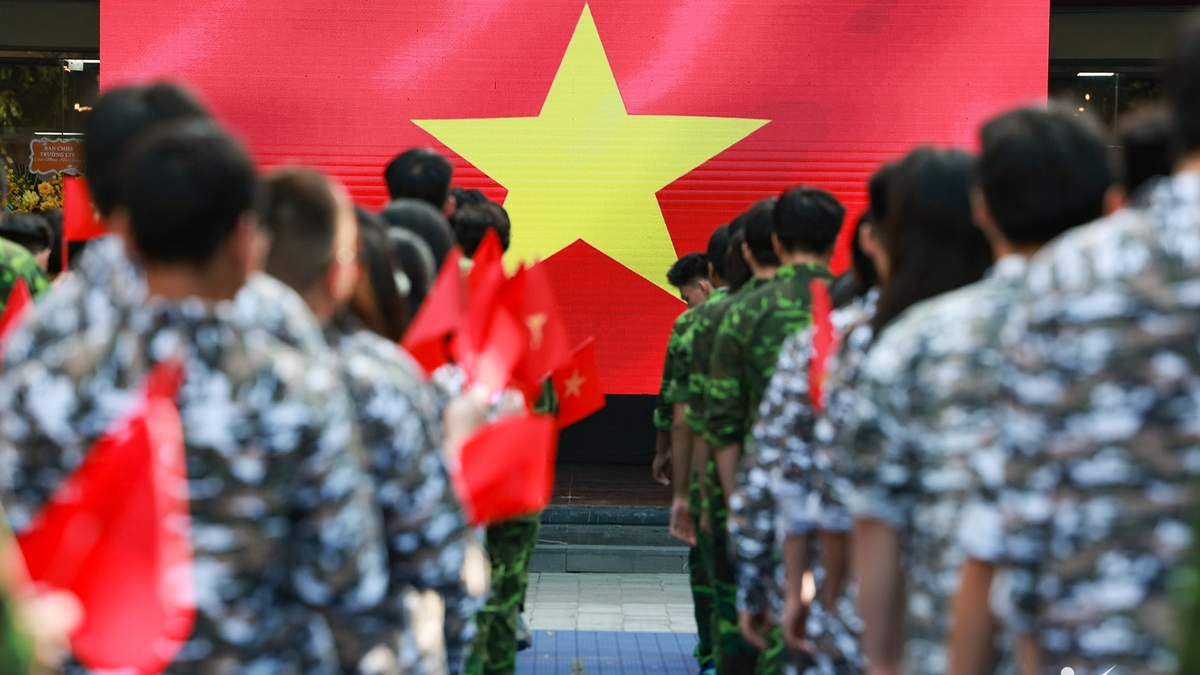



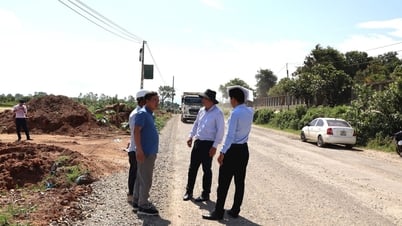

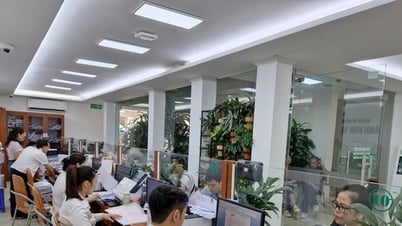

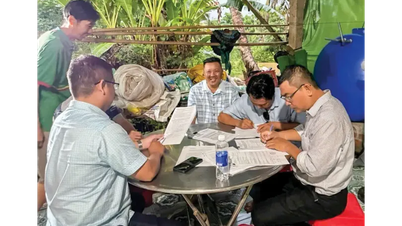

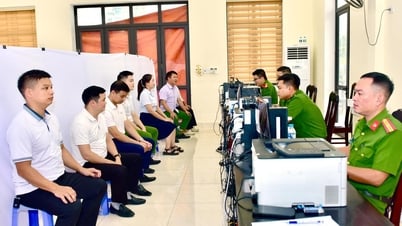

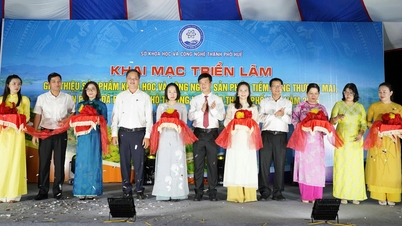


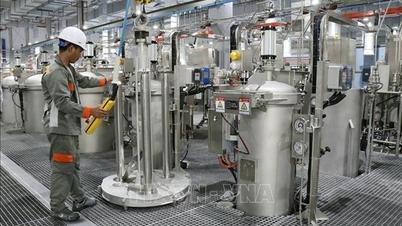

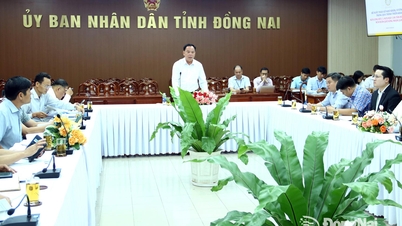
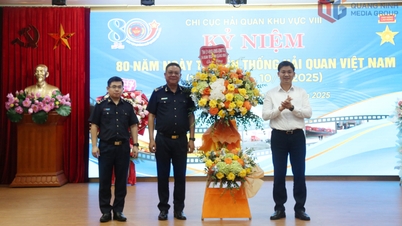

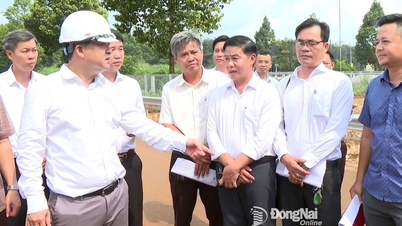
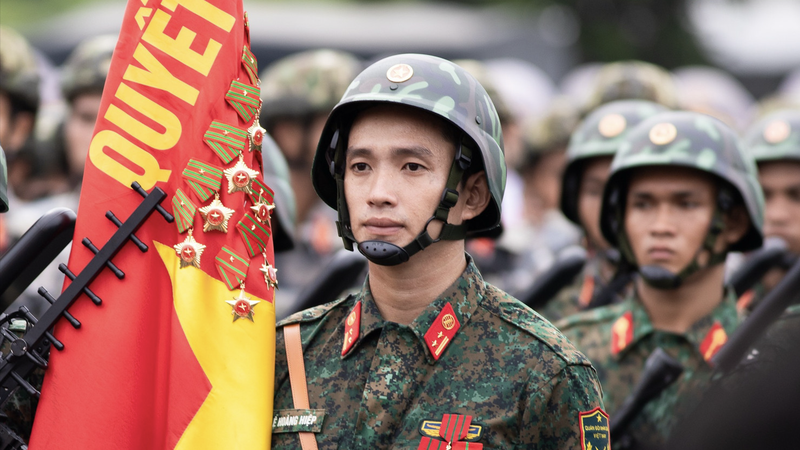



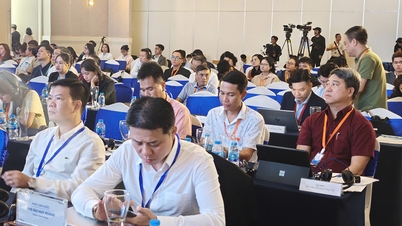

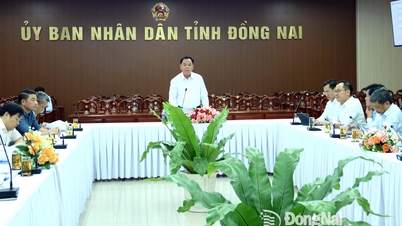
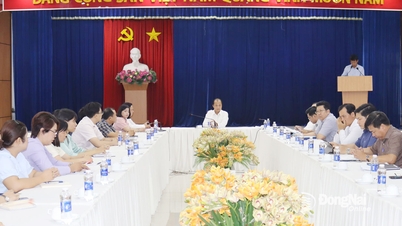




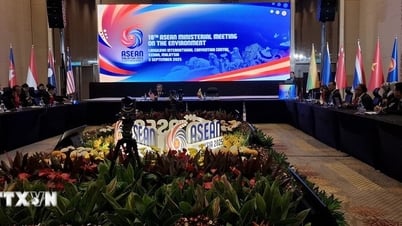










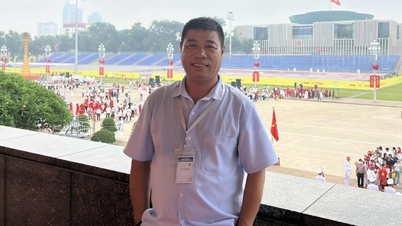











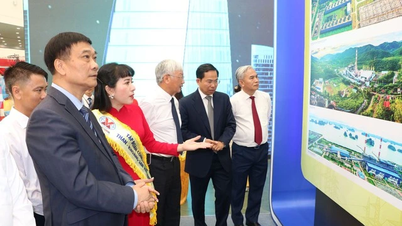












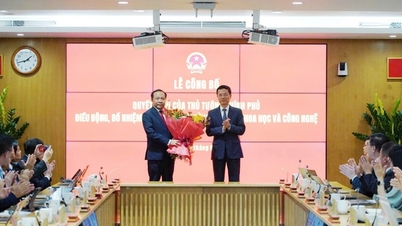

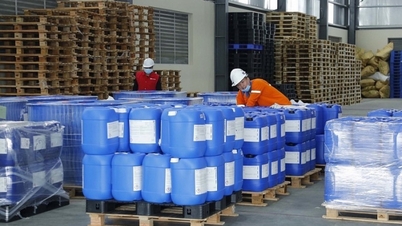

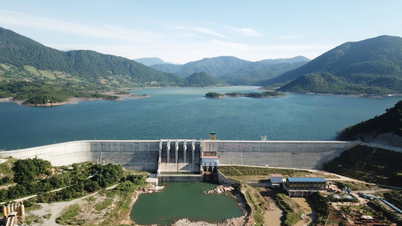
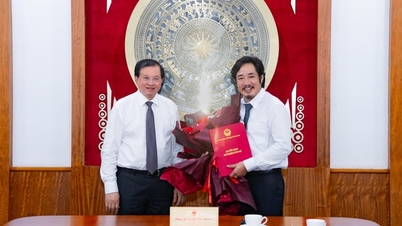

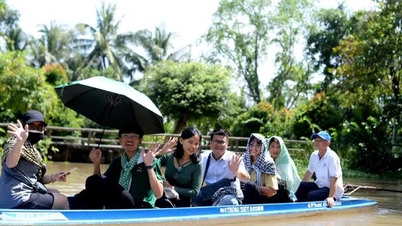

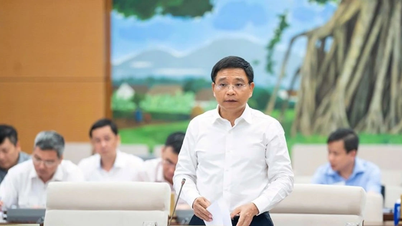

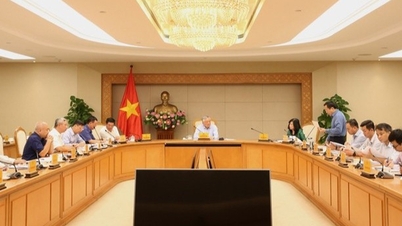





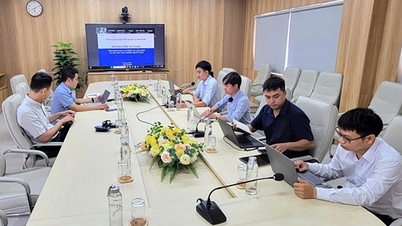










Comment (0)